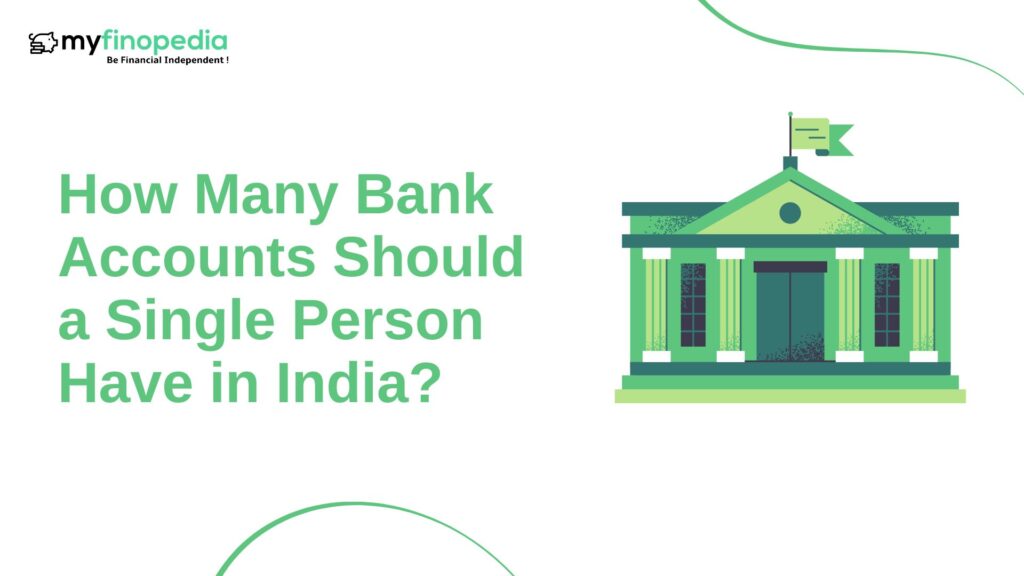When it comes to the number of bank accounts a single person should have in India, several factors need consideration, including financial goals, convenience, and regulatory requirements.
1. Primary Savings Account:
A single person typically starts with one primary savings account to manage daily transactions, receive salary, and pay bills. This account serves as the hub for financial activities and usually offers basic banking services.
2. Secondary Savings Account:
Depending on individual preferences and financial needs, maintaining a secondary savings account can be beneficial. This account could serve specific purposes such as saving for emergencies, future goals, or investments. It allows better organization of funds and separates savings from everyday expenses.
3. Salary Account:
Many employers mandate salary accounts for their employees, offering benefits like zero balance requirements and special privileges. While some individuals choose to keep their salary account as their primary account, others prefer transferring funds to their primary savings account for better management.
4. Investment Accounts:
For individuals interested in investing, opening separate accounts for various investment instruments like mutual funds, stocks, or retirement funds can be advantageous. These accounts enable focused monitoring of investments and facilitate tax planning.
5. NRI Accounts (if applicable):
Non-Resident Indians (NRIs) may require specific types of bank accounts like Non-Resident External (NRE) or Non-Resident Ordinary (NRO) accounts to manage income earned outside India. These accounts facilitate repatriation of funds and comply with foreign exchange regulations.
6. Joint Accounts (if applicable):
Single individuals may opt for joint accounts with family members or partners for shared financial responsibilities or estate planning purposes. Joint accounts allow multiple individuals to access funds and manage expenses collectively.
7. Digital Wallets and Payment Apps:
With the rise of digital banking, individuals may also utilize digital wallets or payment apps for convenient transactions and bill payments. While not traditional bank accounts, these platforms offer additional flexibility and accessibility.
Conclusion:
Ultimately, the number of bank accounts a single person should have in India depends on their unique financial circumstances, goals, and preferences. While maintaining multiple accounts can offer advantages like better organization and specialized services, it’s essential to balance convenience with the associated paperwork and fees. Regular review and consolidation of accounts can ensure optimal financial management and efficiency.






